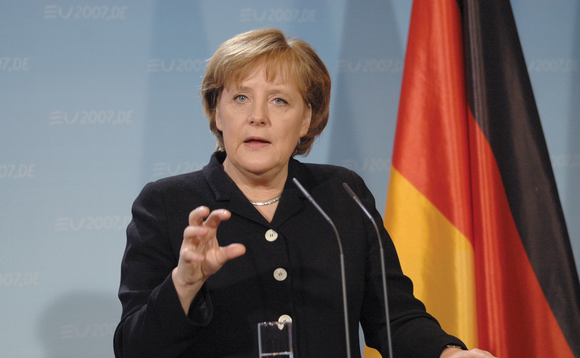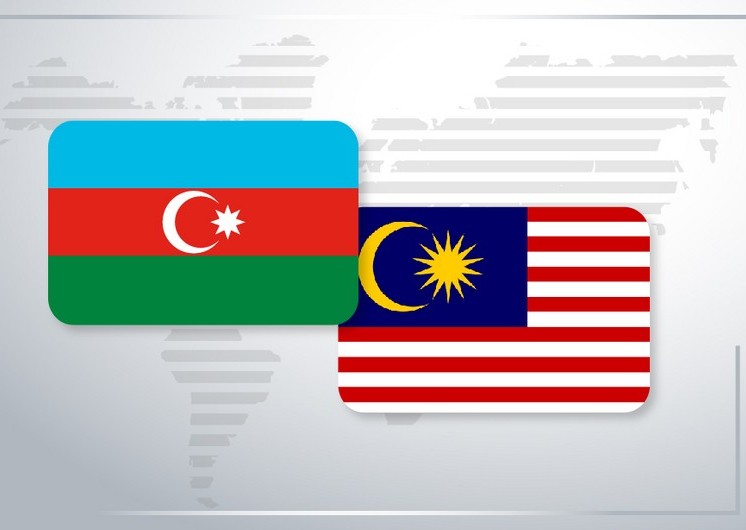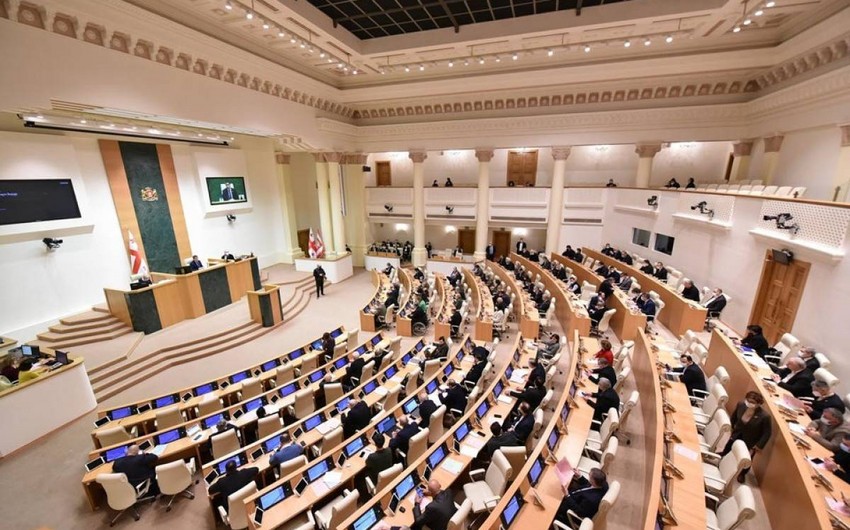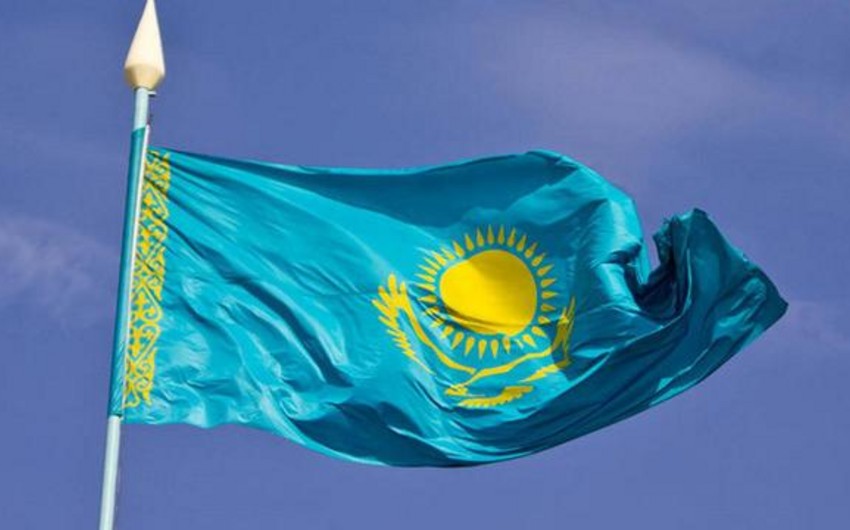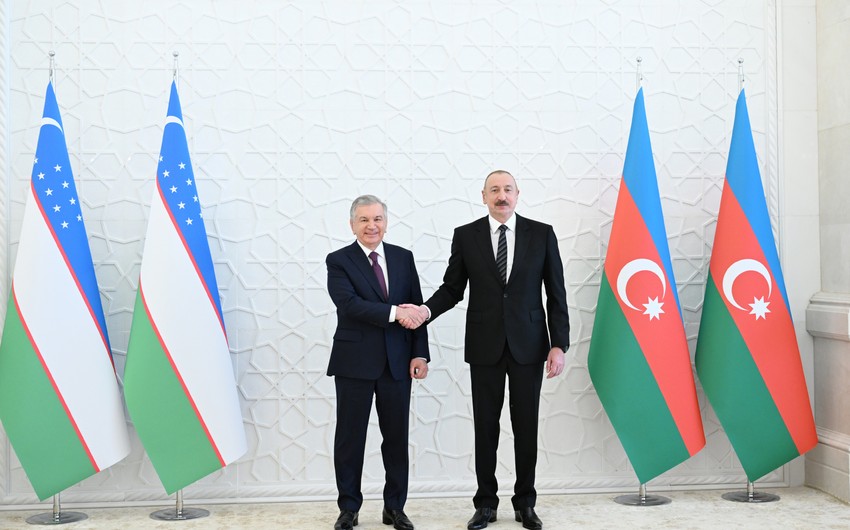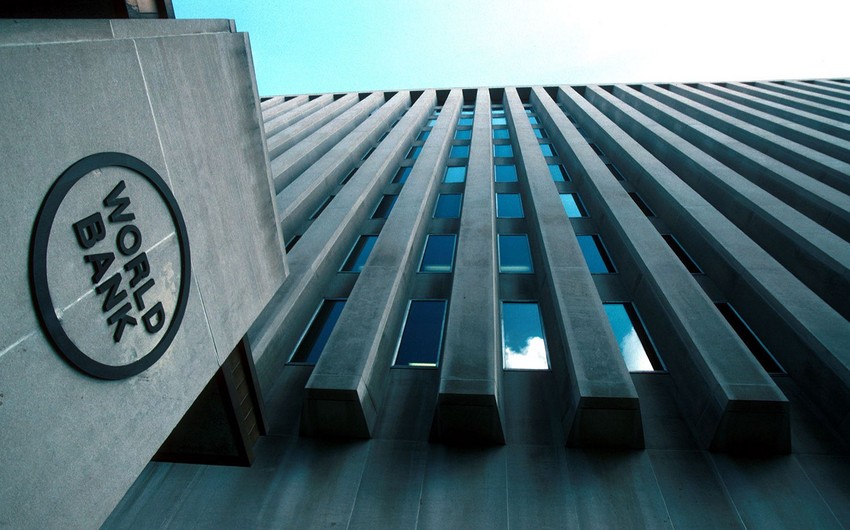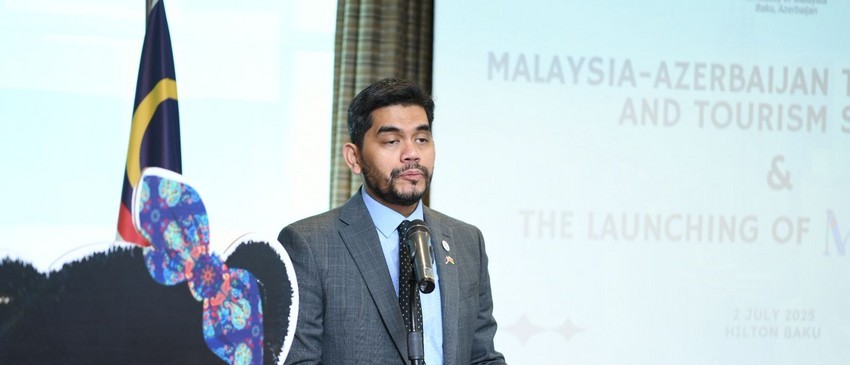The image that sticks most in my mind from the uniquely disruptive political year that was 2018 is of Angela Merkel with Horst Seehofer on the balcony of the Chancellery building. The chancellor, a glass of white wine in her hand, has turned her back and is stalking away from her rebellious interior minister, as though he were a dog she'd just caught going through the kitchen garbage can. The wind has ruffled her normally perfectly styled hair. She looks unhappy, tired, old.
To be fair, Merkel had every reason to be a tad disheveled, having spent many a late night negotiating with Seehofer and her other coalition partners over one-stop holding centers for migrants, so-called "Anker" centers, versus transit centers — an issue that threatened for a few summer weeks to bring down her government and was immediately forgotten when a suitably face-saving compromise was found.
Nonetheless, this press photo was a disconcerting sight for anyone who has ever come close to the chancellor in person. I've witnessed her testify for five straight hours in front of a parliamentary investigative committee only to decline with a confident smile when asked if she'd like a break. For Merkel stress was always like water off a duck's back. Until 2018.
It's easy to see the image of an exhausted, exasperated Merkel seemingly stamping away from Seehofer as a metaphor for German democracy. If a current article in The New Yorker magazine is to be believed, one major reason Merkel decided to run for a fourth term in office in 2017 was because she felt the world needed a counterweight to US President Donald Trump. If so, 2018 was the year the moderate chancellor and the political establishment she embodies began to groan and crack under that burden.
The incipient dissolution of the SPD
The irony is that much of the political disruption in Germany was due to factors beyond the control of a chancellor whose preference — indeed whose whole political brand — is to remain above the fray. Merkel spent the first months of 2018 doing something familiar: negotiating a third centrist grand coalition with the Social Democrats (SPD). But a funny thing happened on the way to a deal. The SPD began to disintegrate.
It started with then-SPD Chairman Martin Schulz flip-flopping on whether Social Democrats would form another Merkel-led government and whether he himself would serve in it. As a result, he was out of a job only a year after winning the party leadership by a unanimous vote, and the SPD dipped below 20 percent in the polls.
The spearhead of the campaign against the proposed coalition with Merkel was SPD youth leader Kevin Kühnert. The then-28-year-old looked exactly like what he was: a university student who holds press conferences in jeans with no jacket and his shirt untucked. But I found him clear and consistent in his answers, which was more than could always be said of other Social Democratic leaders.
The atmosphere was uncomfortable when I asked SPD General Secretary Lars Klingbeil whether the reason for his party's misfortune was that their traditional clientele, the industrial working classes, were rapidly disappearing. What was he supposed to say? And a scene from outside the SPD conference in spring, where a successor to Schulz was chosen, convinced me that Germany's oldest political party was in deep trouble.
Some young pranksters from the conservative CDU handed out ear plugs outside the auditorium — a reference to voluminous speaking style of new party leader Andrea Nahles. More than one SPD delegate accepted them. Such is the state of Merkel's current partners.
Slow-motion conservative hara-kiri
But if anything, the biggest challenge to Merkelian democracy came from within her own conservative ranks. Seehofer's rebellion on refugee policy unfolded in evening upon evening of waiting for news from the Chancellery in what amounted to a slow-motion act of hara-kiri with lots of collateral damage.
The days of unrest in Chemnitz after the killing of a man allegedly by a refugee were the ugliest expression of a familiar impasse. Germany may not be divided into red and blue states like the US, but the animosity over core issues like migration is at the moment unbridgeable and impervious to dialogue.
I was on hand as roughly a thousand supporters of the far-right populist Alternative for Germany (AfD) party and the anti-immigrant PEGIDA movement turned out in Dresden to hurl abuse at Merkel. It's doubtful the chancellor registered much of the invective in the roughly 60 seconds it took for her to proceed from her limo to the Saxony regional parliament building. In the backdrop, the Elbe River, reduced to a brook by an intense summer heatwave, trickled rather piteously on its way. Another emblematic image of decline.
In any case, after poor showings by conservatives in regional elections in Bavaria and Hesse, Merkel surprised us in October by ruling out a further run for the chancellorship in 2021, or for her party's leadership that December. In January, despite her difficulties in forming a government, the German chancellor and the European Union's longest serving leader still seemed invincible. By the end of October, she had rung in the end of her own political career.
The end of the Merkel illusion
And what now? Merkel and her squabbling government have survived to fight another year, and she was given a small boost in December, when her ally and acolyte Annegret Kramp-Karrenbauer was chosen to succeed her as party leader. But the nimbus of inevitability of both the chancellor and her patented compromise-based centrism has been blown away.
The Greens, whose popularity has yo-yoed over decades but who have never been a dominant party, are now Germany's second strongest political force, at least if public opinion polls are true, while the SPD is battling it out for third with the upstart AfD. Grand coalitions are a thing of the past. Together, the conservatives and the SPD would be unlikely to be able to muster anywhere near a parliamentary majority.
The future, it would seem, belongs to more complex alliances between conservatives and Greens. The irony is that while Merkel has long been considered an advocate of such "black-green" coalitions, unless there are further dramatic surprises, the current chancellor won't get to lead one.
2018 began with many people around the world hoping — somewhat unrealistically — that Merkel and Germany could somehow fill the hole in global leadership left by Trump's America. But as the The New Yorker writes, correctly, "Angela Merkel is not the leader of the free world, nor will she be."
And 2019 is already shaping up to be a very unpredictable year.

